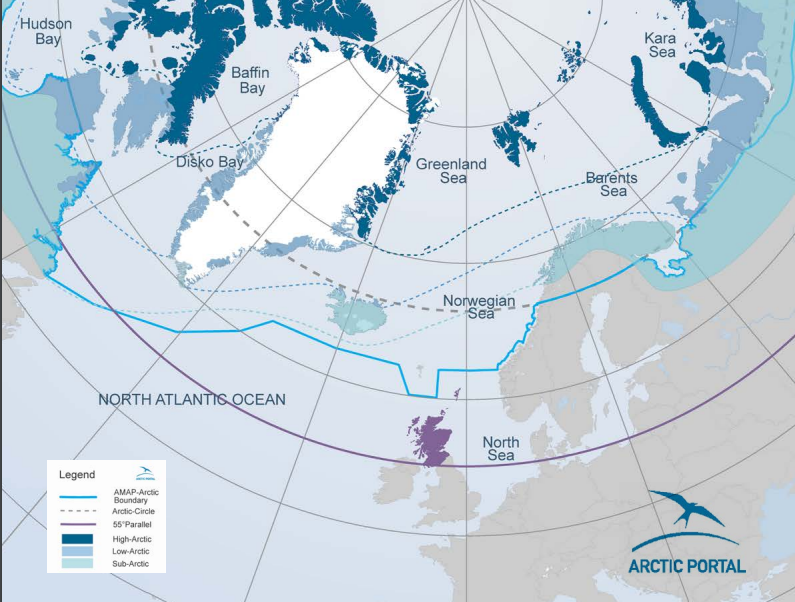Op-ed: Scotland’s Investment in the Arctic will Increase With its Growing International Outlook

Scotlands Arctic Portal. (Source: Scotland's Arctic Policy)
The opinions expressed here belongs to the author and do not represent the views of High North News.
As Scotland eyes a potential second independence referendum, it continues to display an openness to working internationally and many people will continue to benefit from the country’s investment in the Arctic.
Scotland is taking a different path to the U.K.
In 2016, Scotland’s place in the United Kingdom became unclear with the massive split in opinion over Brexit. Scotland voted clearly to remain in the European Union, yet was dragged out all the same due to the U.K. wide result.
It caused a huge shift in the relationship between the United Kingdom and a Scottish society who clearly have a willingness to work with our closest international partners.
Scotland’s Arctic connections
There is no better example of that willingness to work across borders than Scotland’s efforts to work on shared issues with partners in the Arctic.
Scotland has introduced an Arctic policy framework on its own under its external affairs directorate.
As Scotland is a northerly country, Arctic nations have historically been amongst its closest trading partners. We hold deeply similar interests and views in areas such as climate change, rural communities and cultural heritage. This still stands today.
In recent times Scotland has introduced an Arctic policy framework on its own under its external affairs directorate. This despite the fact that foreign affairs is technically an issue that the U.K. Government holds formal power over.
The Arctic Connections Fund is one of the most vitally fruitful projects to arise from that framework. Launched in March of 2022, Scotland based organizations are encouraged to apply for a grant of between £1000- £10000. These organizations must propose a project that explores the shared issues between Scotland and the Arctic.
The desire for this was so high that the Scottish Government actually raised the total amount of money available to allow for more organizations to exchange ideas and collaborate with Arctic partners.
One of the organizations that has been successful in gaining funding for their project in 2022-2023 is the University of Aberdeen. In collaboration with the University of Athabasca, the project aims to investigate ways to promote food sovereignty in rural Scottish and indigenous Arctic communities.
2023 will prove a highly important year in Scotland's history.
A model Arctic council run by Dr Anthony Speca was also successful in gaining funding. Dr Speca was previously a senior policy official with the Government of Nunavut in Arctic Canada. Thanks to the model council, Scottish students will be able to play the role of a diplomat discussing issues of sustainability in the Arctic.
The future of Scottish internationalism
2023 will prove a highly important year in Scotland's history. The shifts between the Scottish people and the United Kingdom have become undeniable. The Supreme Court of the United Kingdom ruled at the end of 2022 that Scotland did not have the power to call a second referendum on independence.
An action that seems to have galvanized support for Scottish democracy. A conference is now to be held this year by the country’s leading party in order to determine what route Scotland can take to independence.
For me, the independence movement is now at its core an issue of internationalism. Scotland would be breaking away from a union that has acted to isolate itself in recent times in favor of working with so many more similarly minded partners.
As a country that holds deep interests in the Arctic I hope it will no doubt continue to invest in the region, likely even more so, if it gains independence.



